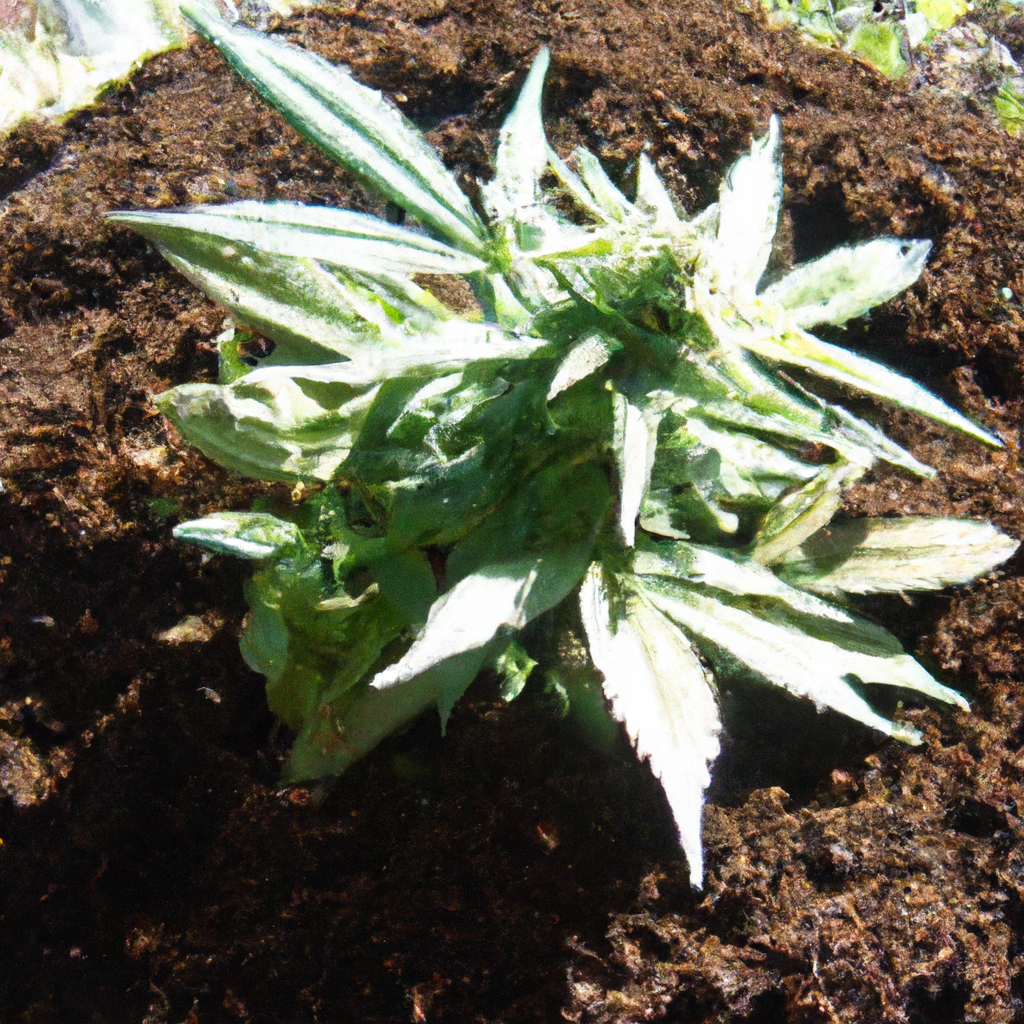Your cart is currently empty!
In the world of cannabis cultivation, going organic isn’t merely a trend—it’s a sustainable choice that promises healthier crops and a greener planet. By embracing organic practices, growers can avoid synthetic chemicals and promote an ecosystem that thrives naturally. Here’s how you can excel in organic cannabis cultivation using natural fertilizers, compost, and sustainable pest control methods.
Building a Robust Soil Ecosystem
A healthy, vibrant soil ecosystem is the cornerstone of successful organic cannabis farming. The practice begins with understanding and building nutrient-rich soil that can support cannabis plants throughout their growth cycle.
- Composting: Transform kitchen and garden waste into a nutrient-dense amendment for your soil. Compost improves soil structure, water retention, and promotes beneficial microbial activity.
- Mulching: Use organic materials like straw or wood chips to conserve soil moisture, suppress weeds, and add nutrients as they break down.
Leveraging Natural Fertilizers
Fertilizers are critical to cannabis growth, and organic options offer a sustainable path to fertility.
- Plant-Based Fertilizers: Alfalfa meal and kelp meal are popular organic options that provide essential nutrients and stimulate plant growth.
- Animal-Based Fertilizers: Bat guano and fish emulsion are rich in nitrogen and beneficial for plant development.
Natural Pest Management
Organic pest control focuses on prevention and the use of natural pesticides to keep your cannabis plants safe.
- Companion Planting: Introduce plants like marigold or basil that repel common pests to create a harmonious and defensive garden ecosystem.
- Beneficial Insects: Ladybugs and lacewings can naturally control pest populations such as aphids and mites.
The Benefits of Organic Cannabis
Producing organic cannabis benefits the grower, consumer, and the environment alike. Health-conscious consumers prefer organic products free from harmful pesticides and chemicals, while sustainable practices help preserve natural ecosystems. By adopting organic cultivation techniques, growers contribute to the long-term health of the planet.
Conclusion
Organic cannabis cultivation is more than a farming choice; it is a commitment to nurturing nature. By leveraging compost, using natural fertilizers, and focusing on sustainable pest control, cultivators can achieve healthy yields that benefit both the environment and the end consumer. Embrace these practices to ensure a greener, more prosperous future in cannabis farming.
Tags: OrganicGrowing, NaturalFertilizers, Compost, PestControl, Sustainability
Discover more from Magic Clones
Subscribe to get the latest posts sent to your email.


Leave a Reply